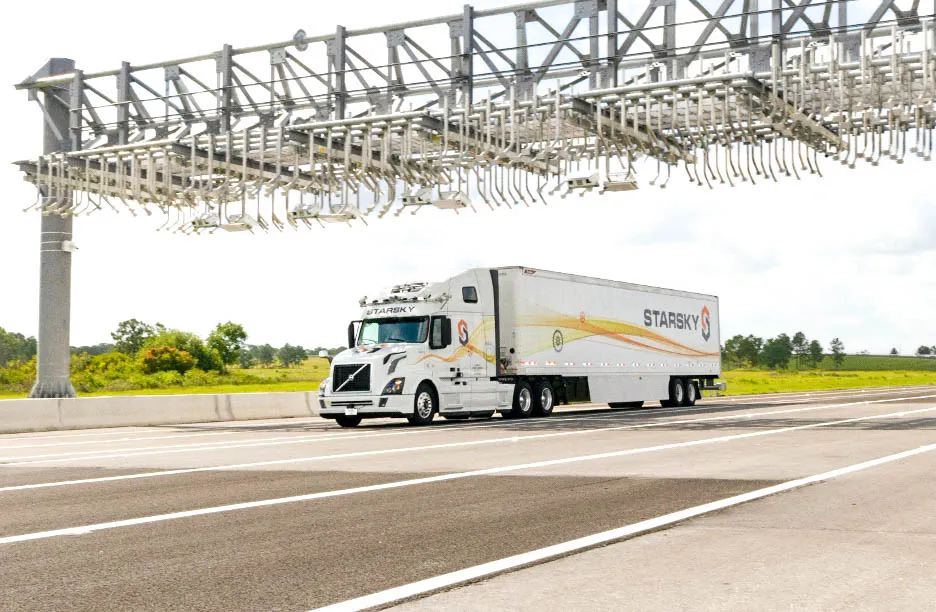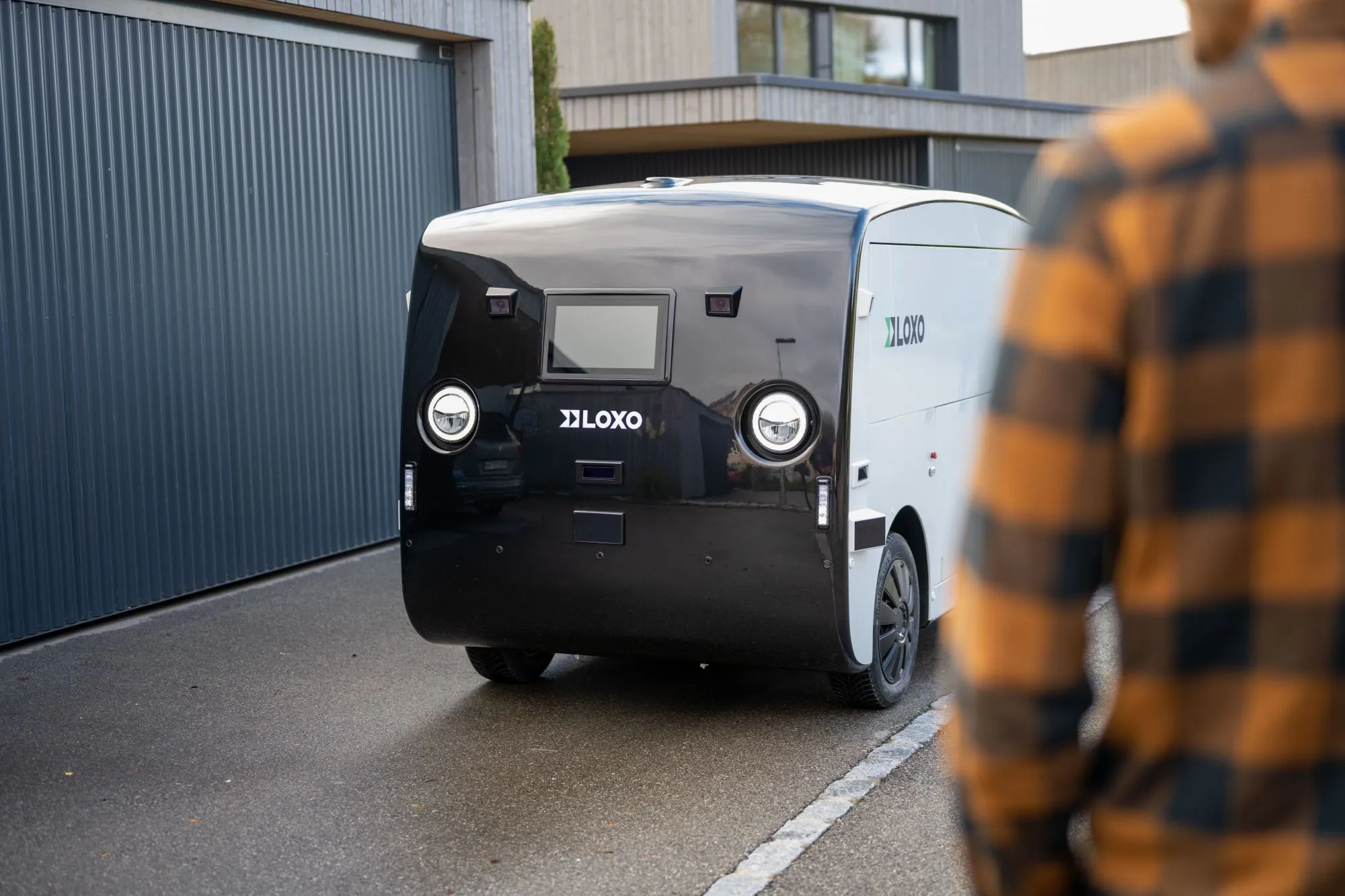The Nevada Center for Advanced Mobility (Nevada CAM) and its partners, including the Regional Transportation Commission of Southern Nevada (RTC), are calling on technology solution providers to submit, via a Request for Information (RFI), creative approaches, technologies and products to improve pedestrian safety in southern Nevada, where pedestrian fatalities are rising as the community grows.
The RFI seeks to go beyond traditional approaches and investigate new technology options to improve pedestrian safety. The technology needs to be at or beyond prototype development stage and ready for deployment. These solutions will take advantage of existing and future connected infrastructure, and new vehicle technologies.
Nevada CAM, a collaboration of state, regional and local entities, partnered with the RTC, the Nevada Department of Transportation (NDOT), and the University of Nevada, Las Vegas (UNLV), in this RFI to combat rising pedestrian fatalities. The region’s safety challenges include wide streets (up to seven lanes), flat roadways, speed limits of 45 mph or more, and fewer marked crosswalks due to long stretches of road between traffic signals.
Nevada CAM is working with automakers and equipment vendors to test, pilot and deploy technology in Nevada. The state is the chosen location for technology frontrunners such as Tesla, Hyperloop One, Faraday Future and Local Motors, which, working with UNLV, will pilot its autonomous last-mile shuttle in southern Nevada this fall.
Nevada calls for technology solutions to combat pedestrian fatalities
The Nevada Center for Advanced Mobility (Nevada CAM) and its partners, including the Regional Transportation Commission of Southern Nevada (RTC), are calling on technology solution providers to submit, via a Request for Information (RFI), creative approaches, technologies and products to improve pedestrian safety in southern Nevada, where pedestrian fatalities are rising as the community grows.
September 2, 2016
Read time: 2 mins









